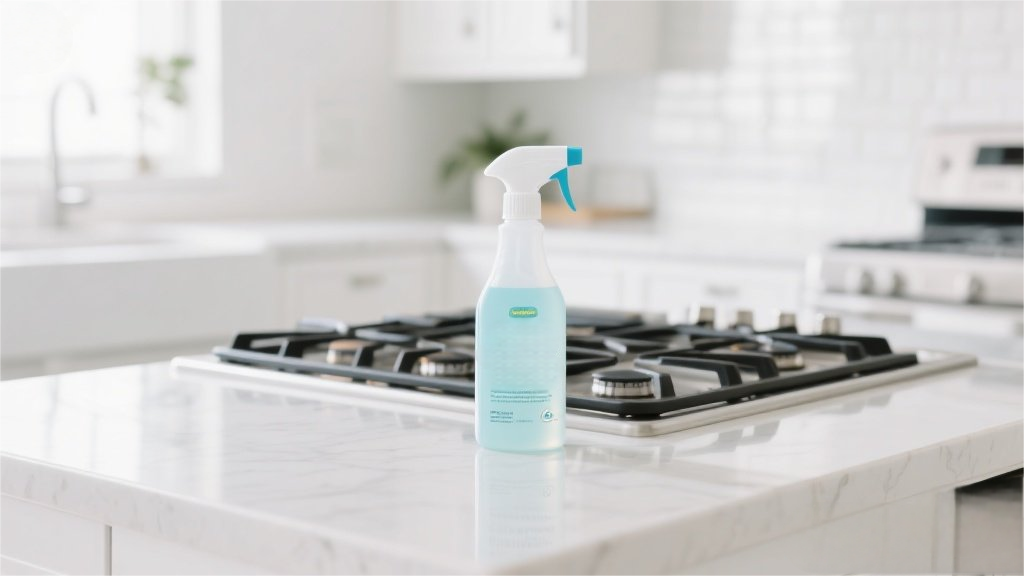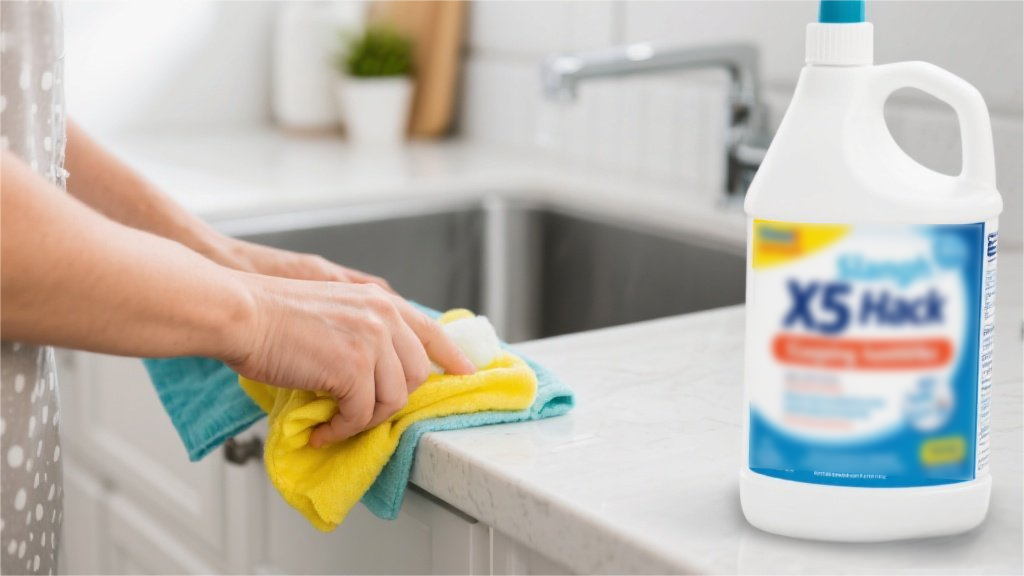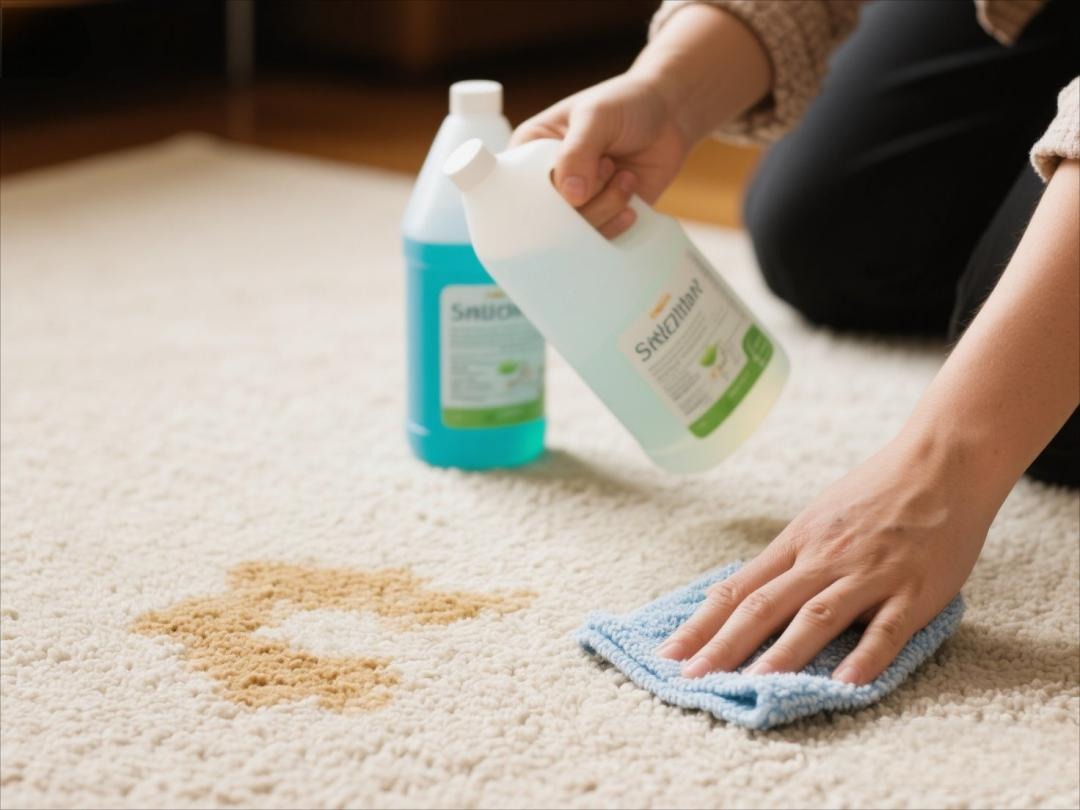Snoring might seem like just an annoying habit, but it can actually be a sign of something more serious going on with your health. Whether it's the occasional snort after a night out or the kind of window-rattling noise that keeps your partner awake, understanding why it happens and how to manage it can make a big difference in your sleep quality—and your overall well-being.
Why Do We Snore in the First Place?
That obnoxious noise happens when the tissues in your throat relax too much during sleep, causing them to vibrate as air passes through. Think of it like a loose guitar string—when it's too slack, it flaps around and makes noise. The same thing happens in your airway. Some people snore because of their anatomy—maybe they have a naturally narrow throat or a longer soft palate. Others snore because of temporary factors like allergies, alcohol, or even just sleeping on their back. But when snoring becomes a nightly concert, it might be time to dig deeper.
When Snoring Is More Than Just Noise
Occasional snoring? No big deal. But if you're rattling the walls every night, waking up exhausted, or your partner notices you gasping for air, it could be obstructive sleep apnea (OSA). OSA isn't just about bad sleep—it can mess with your heart, blood pressure, and even your brain function over time. If you're nodding off at your desk, struggling with morning headaches, or feeling like you never really wake up refreshed, it's worth talking to a doctor. A sleep study can help figure out if OSA is the culprit.
Common Triggers That Turn You Into a Chainsaw at Night
Alcohol is a big one—it relaxes your throat muscles way too much, turning mild snoring into full-blown log-sawing. Allergies and colds can also clog up your nose, forcing you to breathe through your mouth (hello, snore city). Even your sleep position plays a role—back sleepers are way more likely to snore than side sleepers because gravity lets your tongue and soft palate collapse backward. And if you're carrying extra weight, especially around your neck, that can put pressure on your airway and make snoring worse.
How to Shut Down the Snore Factory
If your snoring is more of an occasional nuisance, simple fixes might do the trick. Try sleeping on your side—some people even sew a tennis ball into the back of their pajamas to keep from rolling over. Nasal strips or a humidifier can help if congestion is the issue. Cutting back on alcohol before bed is another easy win. For more stubborn cases, a dentist-made mouthguard can reposition your jaw to keep your airway open. And if OSA is the problem, a CPAP machine (though not the sexiest bedtime accessory) can be a game-changer for both your sleep and your health.
When It's Time to Call in the Pros
If lifestyle tweaks aren't cutting it, or if you're dealing with daytime exhaustion, it's worth seeing a sleep specialist. They might recommend a sleep study to see what's really going on. In some cases, minor procedures (like shrinking excess throat tissue with lasers) can help. But the key is not to ignore chronic snoring—what starts as an annoyance can turn into a bigger health issue if left unchecked.
At the end of the day, snoring isn't just about noise—it's about how well you're breathing (and sleeping). Whether it's a quick fix or a deeper dive into treatment, getting a handle on it means better rest for you and anyone sharing your bed. And let's be real, everyone deserves a good night's sleep—without the soundtrack of a lumberjack at work.
























